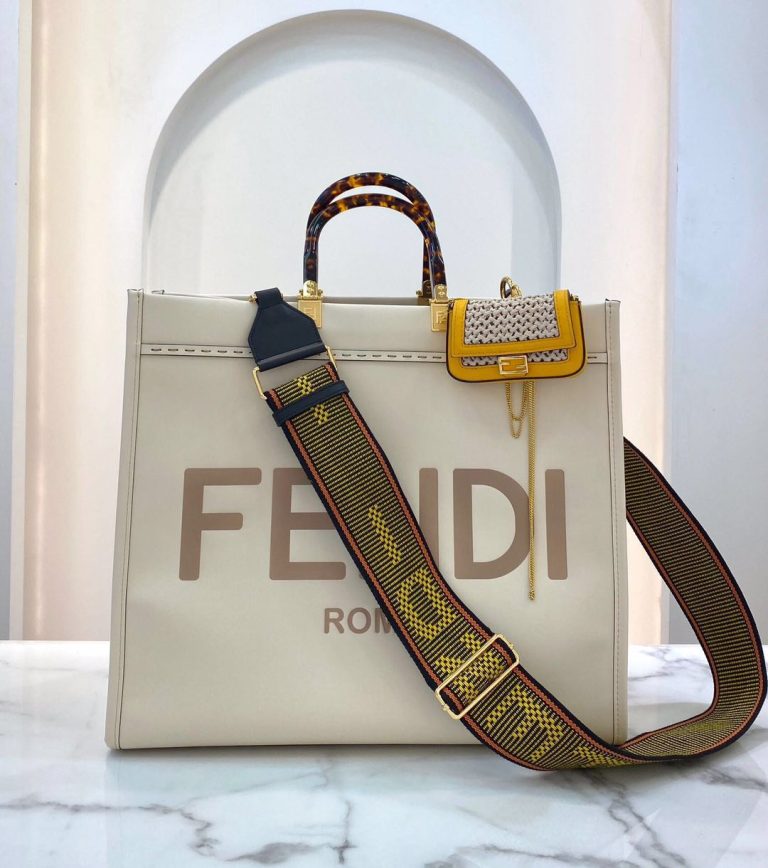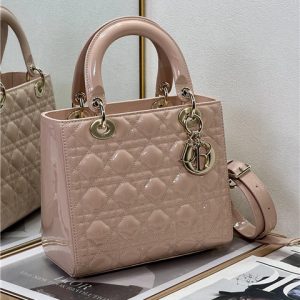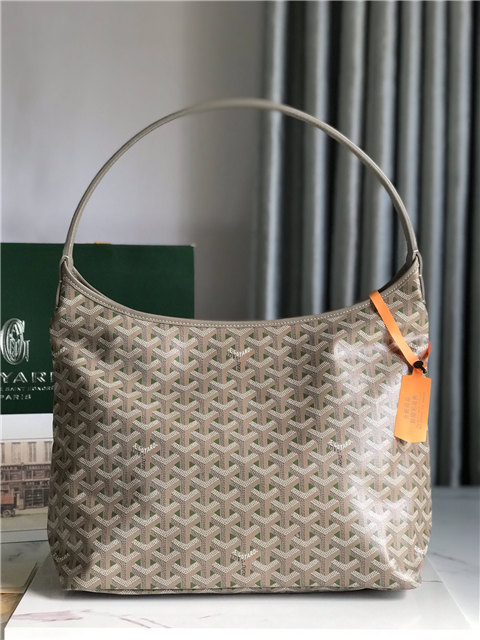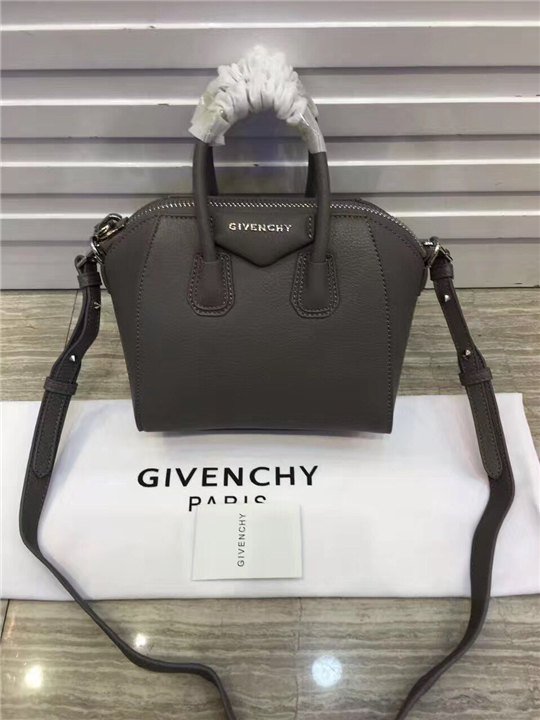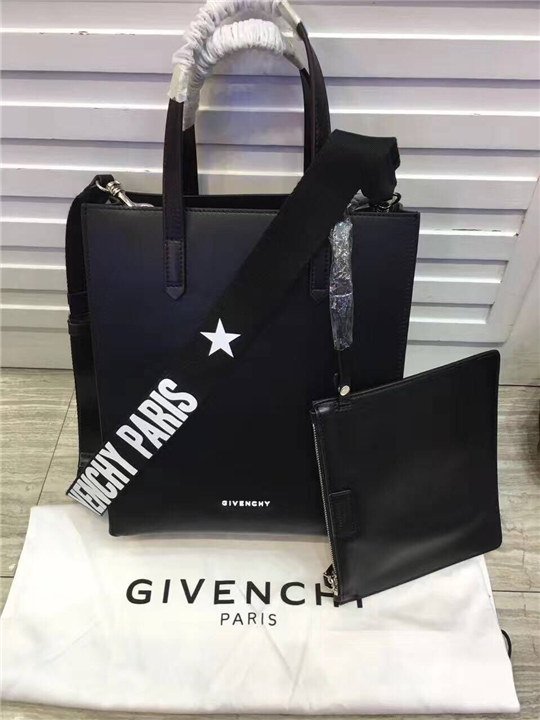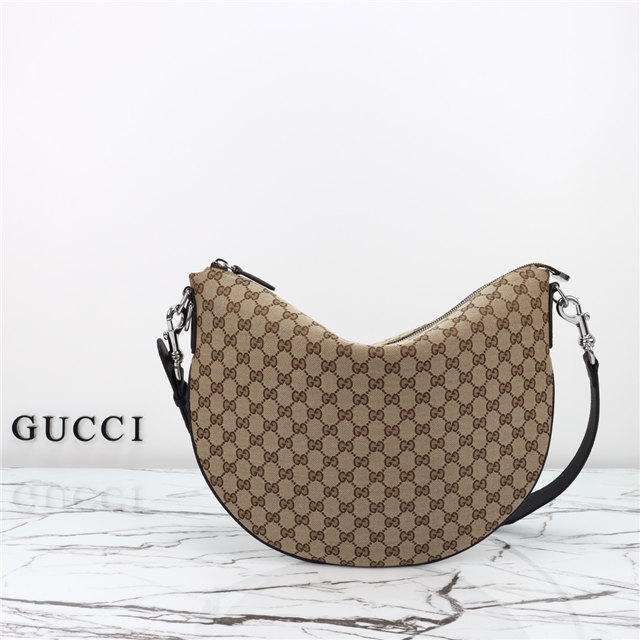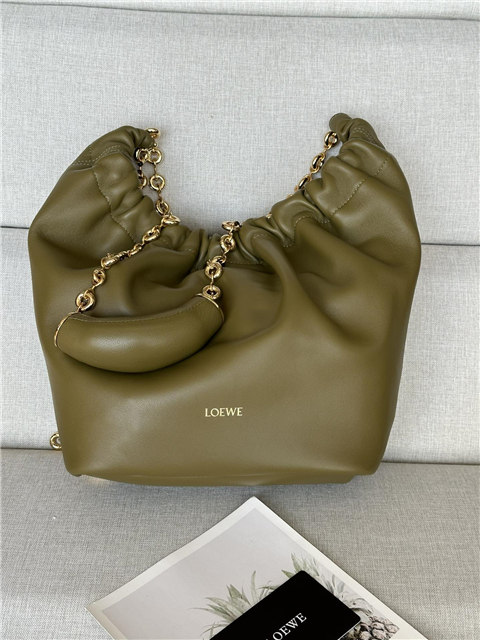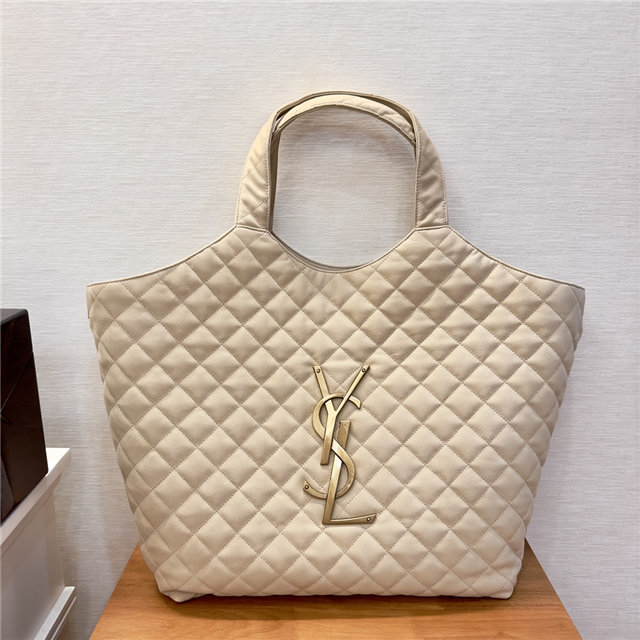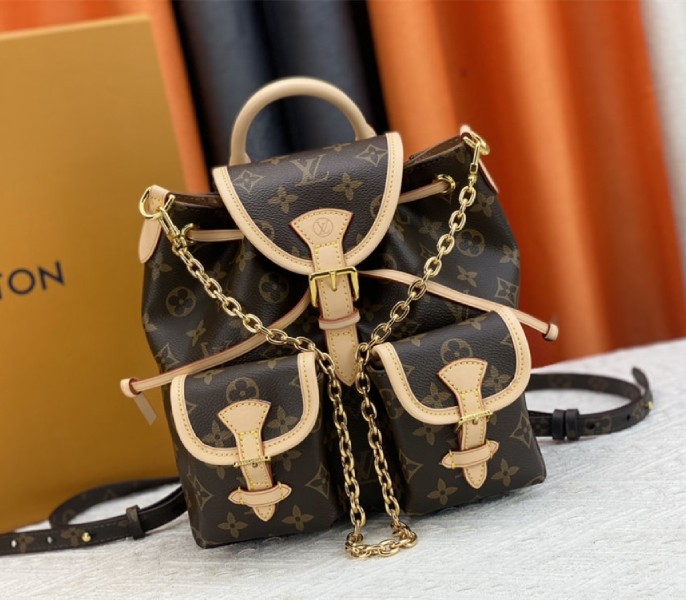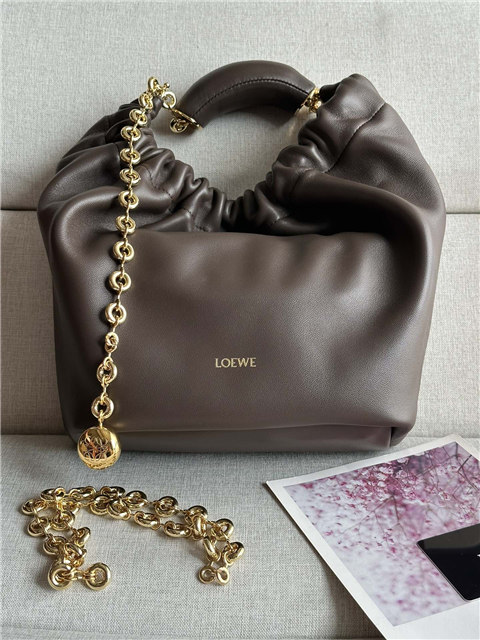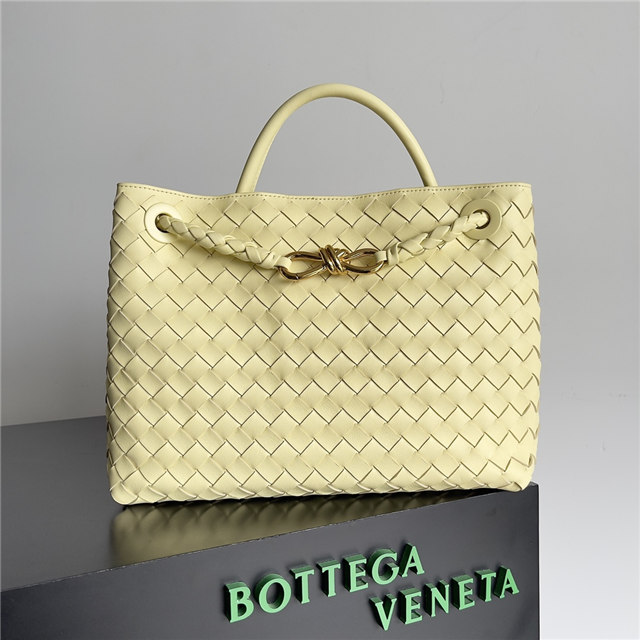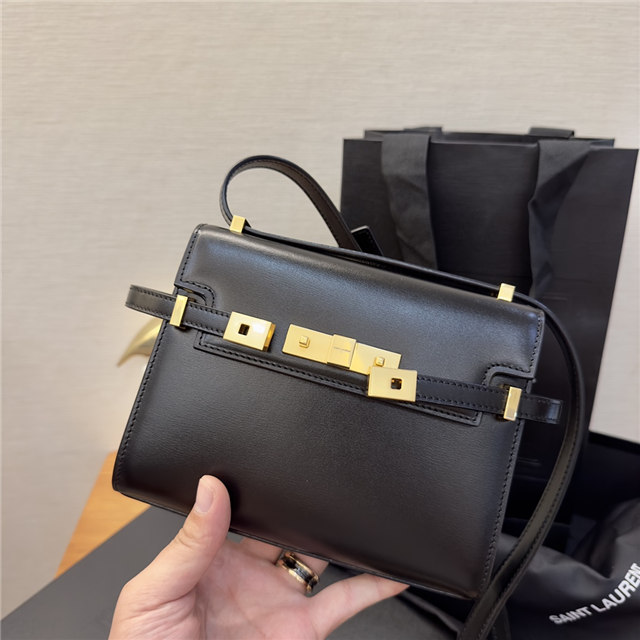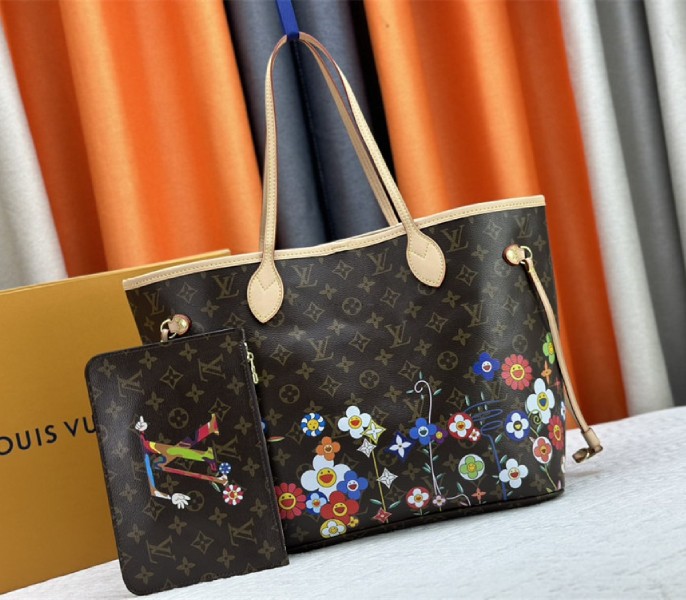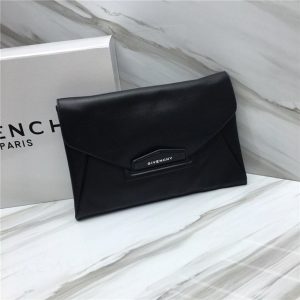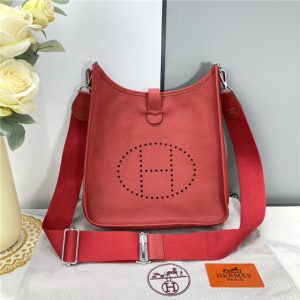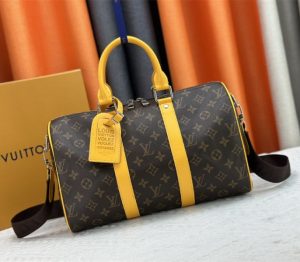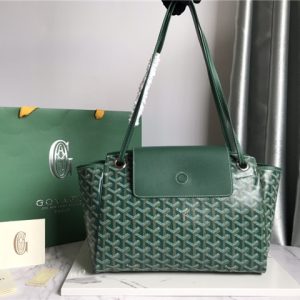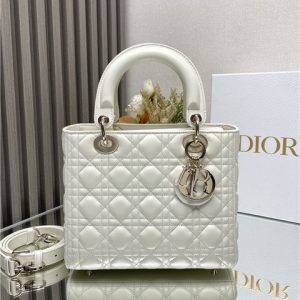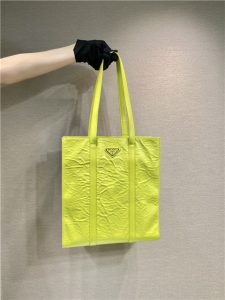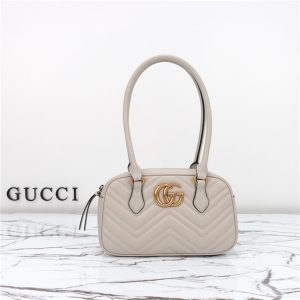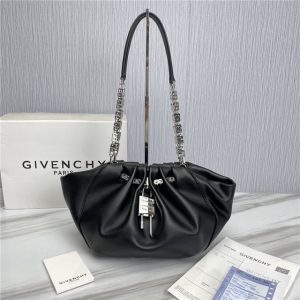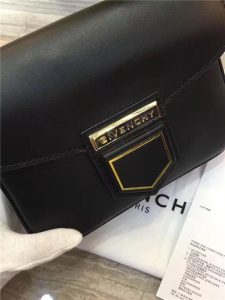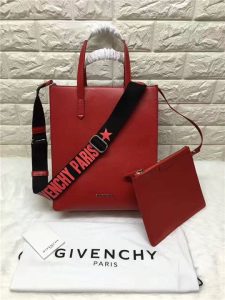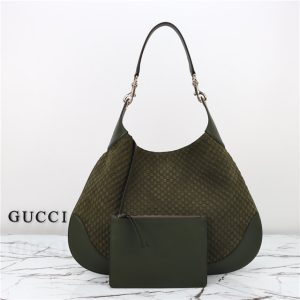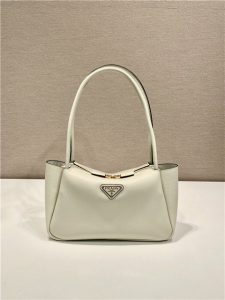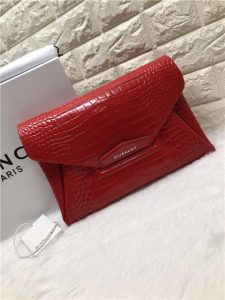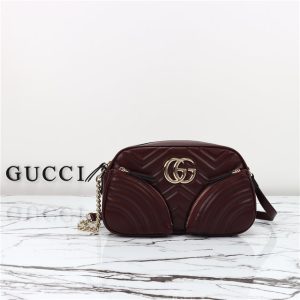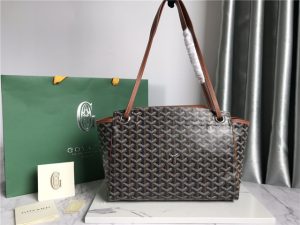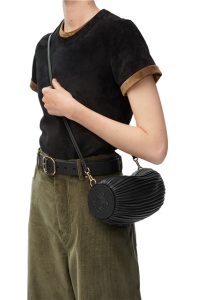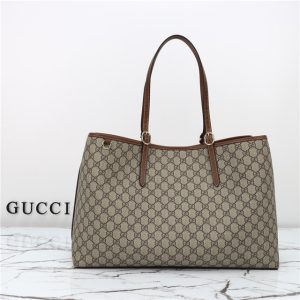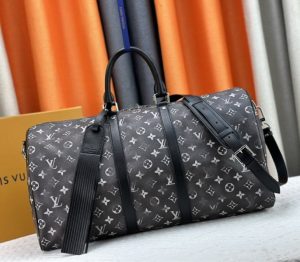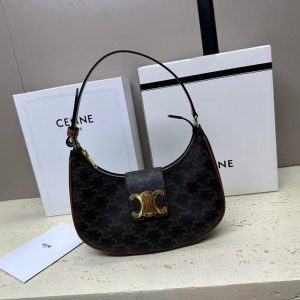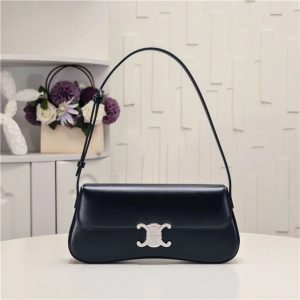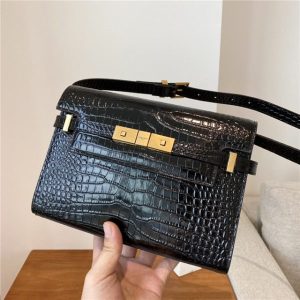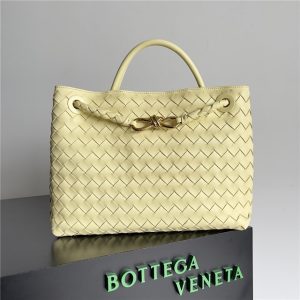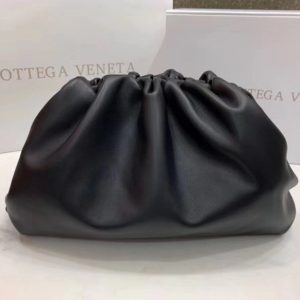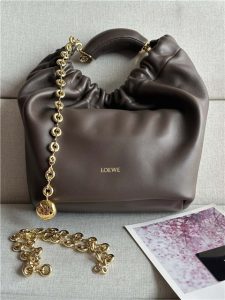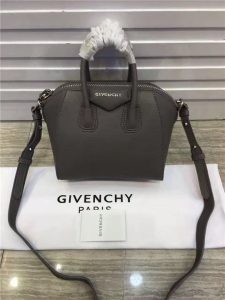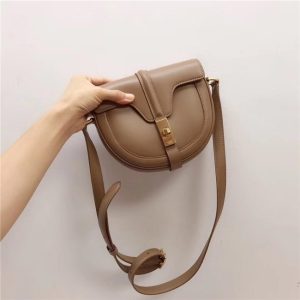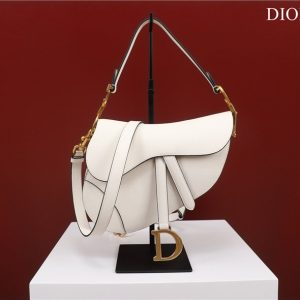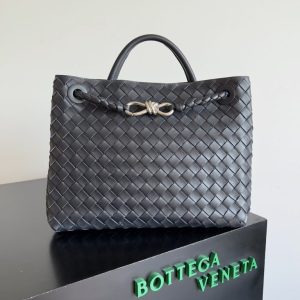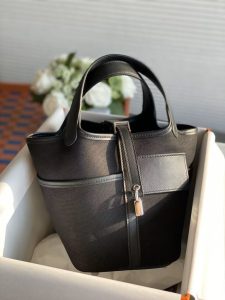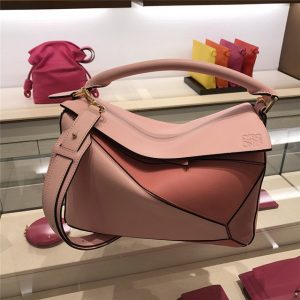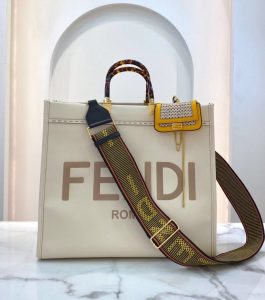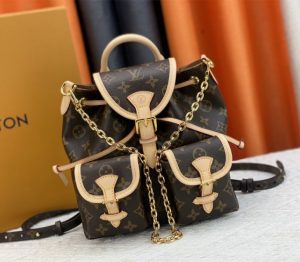First off, let’s be real, nobody wants to get bamboozled with some cheap knock-off, especially when you’re shelling out serious dough for, say, a pair of fresh Jordans or even just some comfy On Clouds. Been there, done that, got the t-shirt (and the badly glued-together shoes to prove it).
The thing is, these fake shoe factories are getting *good*. Like, scarily good. Back in the day, you could spot a fake from a mile away – the stitching was janky, the colors were off, the smell… oh god, the smell! Like melted plastic and disappointment. But now? They’re using better materials, fancier machines, and they’re getting closer and closer to the real deal.
One thing a lot of people are talking about is the barcode scan. Apparently, 98% of the fakes fail this test. I mean, makes sense, right? They can copy the look, but hacking into Nike’s database to generate a legit barcode? That’s a whole other level of commitment (and probably jail time). But even *that’s* not foolproof. I’ve heard stories of fakes somehow slipping through. It’s a constant game of cat and mouse.
And honestly, the small details matter. Crooked logos? Uneven stitching? Weird glue stains? Red flags, baby. Red flags! It’s almost like being a detective, except instead of solving a murder, you’re trying to figure out if your sneakers are legit. High stakes, I tell ya. High staaakes.
But here’s the thing that really gets me: why is this even a thing? Like, can’t these companies just, I dunno, make enough shoes so there’s no demand for fakes? Or at least, make it *easier* to tell the difference? It feels like they’re kinda complicit in this whole mess, you know? Scarcity marketing and all that jazz… creates a market for fakes. Just my two cents.
Nike *does* say they authenticate shoes, especially through official channels. And that’s probably the safest bet. Buying directly from Nike (or a reputable retailer) is gonna save you a lot of headaches. But even then, you gotta stay vigilant. Double-check everything. Trust your gut.

